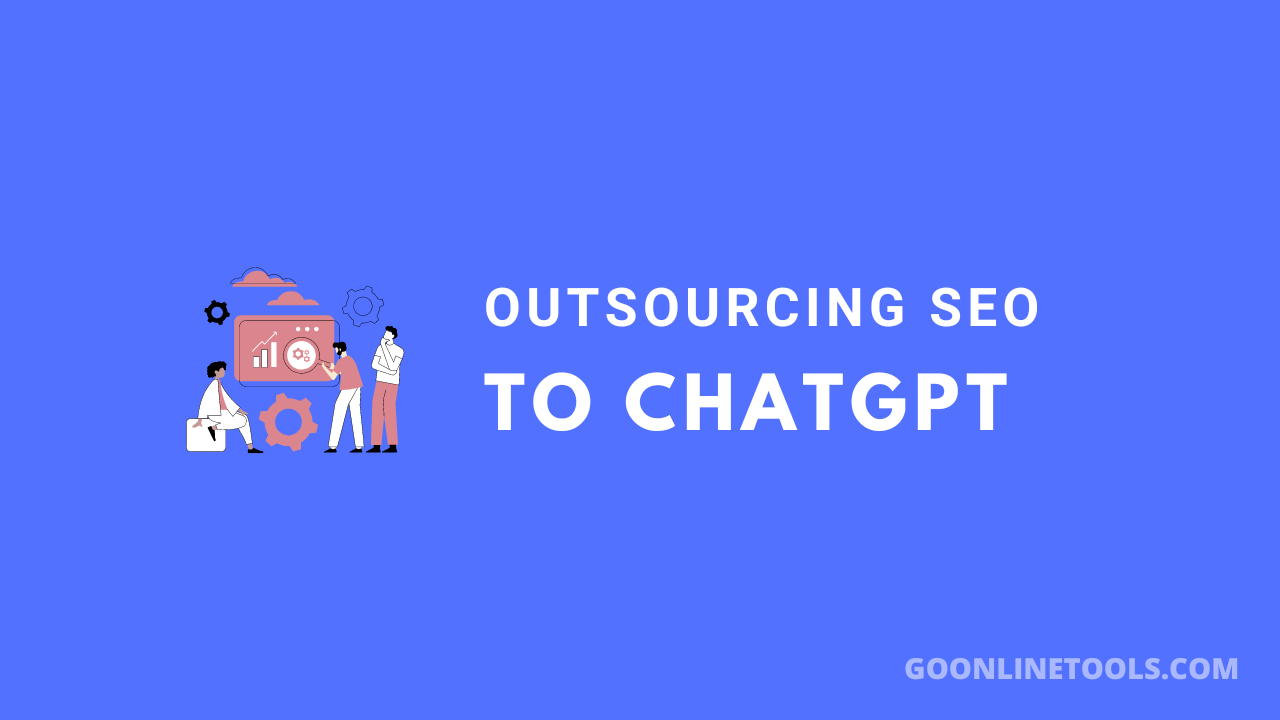
Are you wondering if your business needs to migrate to the cloud? You are not alone. Many entrepreneurs are still on the fence about making the switch, but there are plenty of compelling reasons to do so.
This blog post will teach you six main benefits of cloud migration. It is essential to understand what it entails when making your decision. You then have to find a robust service provider for a seamless migration.
Employing Amaze® Cloud Replatforming
Hexaware’s Amaze® cloud solutions help you achieve your application migration and digital implementation. You can be sure of a smooth and quick transition. Amaze® uses its knowledge of the cloud to provide seamless application cloud migration, transformation, and implementation services.
1. Safety and Security

Cloud computing provides your business with a higher level of protection than you would have on-premises. Your data is stored in a secure, off-site location and is password protected. It makes it much harder for hackers to gain access to your information.
In addition, cloud providers need to meet rigorous security standards mandated by the federal government. These include the Payment Card Industry Data Security Standard (PCI DSS) and the Health Insurance Portability and Accountability Act (HIPAA).
If you are still concerned about the safety of your data, many providers offer features such as encryption that make it even more secure. The cloud also makes disaster recovery easier if your data is lost or destroyed. It allows you to backup, store, and recover your information quickly and seamlessly.
2. Simplified App Management
Simplified app management allows you to access and manage your applications from one place, regardless of your location. You can use a web browser or mobile device to access software and information securely from anywhere in the world. This feature makes it easy to work from home or on the go.
In addition, cloud-based apps are always up-to-date. You do not need to rewrite the code for every platform when implementing an update. It will save you time and money. Simplified app management also makes it easier to manage employee permissions. You can quickly grant or revoke access to specific applications. That also allows you to track employee usage of apps and see which ones are most productive.
3. Scalability

To meet your business needs, you may need to scale up or down at times. Cloud migration makes it easy for you to adjust computing power as necessary. You can quickly add resources at an affordable price.
In addition, you can access more computing power when needed without having to purchase and install additional hardware. It is ideal for businesses with seasonal or fluctuating demand. Scalability also allows you to add new users and employees without purchasing additional licenses or equipment. You can also choose the level of service you need, such as storage space and computing power.
4. Cheaper Management Costs
Running your business app on an in-house server can be costly. You have to purchase, install, and maintain hardware and software regularly. You also need to pay for power used by the system, cooling, and physical security.
Cloud migration eliminates the need for expensive hardware, software, and maintenance. It gives you access to the latest software updates and security features without reinvesting in new equipment. In addition, you only pay for the resources you use. You do not have to invest in extra hardware or software that you may never use.
Cheaper management costs allow you to spend more money on the expansion and development of your business. You can also opt to have a cloud service provider handle the management and maintenance of applications on your behalf. Doing this means you can reduce your staff without compromising your business operations.
5. Easier Collaboration

Working with remote employees and clients can only be feasible when your resources reside on the cloud. Cloud-based apps allow for easy collaboration. You can access your files and applications from any device, anywhere in the world.
Your team will also be able to work from home or on the go without missing deadlines or mandatory meetings. They can also collaborate with remote team members and clients seamlessly.
Developers working on remote apps find it more efficient to test and deploy new features on the app. Without cloud migration, they would have to wait until the app is installed on a local server.
Easier collaboration also allows you to reduce your office space and spend less on office supplies and electricity.
6. Better Integration Of Business Operations
Migrating your business apps to the cloud allows for better business operations integration. You can consolidate your applications and data into one platform, making it easier to manage and access.
Cloud computing also enables you to integrate your business apps with other software and services. For example, linking your CRM application with the cloud can allow you to access customer data and social listening. That will help you better understand your business position and proposition.
Better integration of business operations also allows you to automate and improve workflows. It improves your business efficiency and productivity. You can create custom integrations or use pre-built ones.
Summary
Cloud migration for your business apps is a wise decision. It allows for easy collaboration, flexibility, and scalability. You can also access the latest software updates and security features without paying for each update. As a business, you also enjoy reduced management costs and better integration of your business operations. All these benefits make cloud migration a valuable investment for your business.
Comments 0
No comments yet. Start the conversation!





